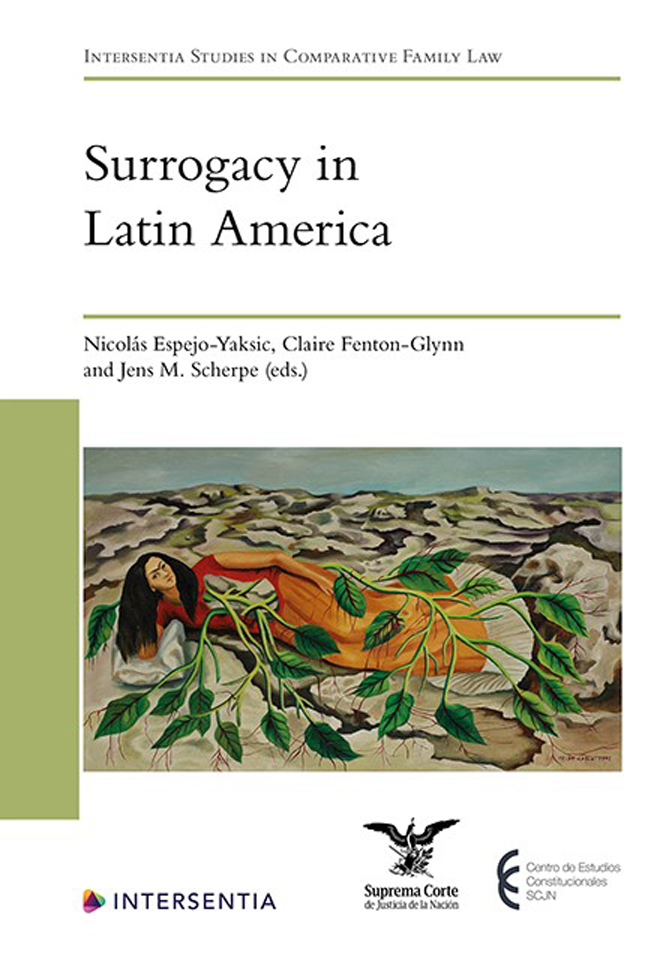The Dominican Republic
Published online by Cambridge University Press: 09 January 2024
Summary
1. ABSENCE OF A REGULATORY FRAMEWORK FOR SURROGACY
Currently there is no legal framework in the Dominican Republic that regulates surrogacy agreements. There are no court decisions on the matter either, nor have Dominican legal scholars addressed the issue in depth, highlighting only the calls for legislation in this regard, which generally appear in university degree works. This means that surrogacy would currently be dealt with by the general law. Consequently, at present it is not clear whether maternity in surrogacy cases would irrevocably be allocated to the woman giving birth, or whether, for example, the genetic mother could challenge this on the basis of her genetic contribution. However, some of the existing legal rules may have an impact on how surrogacy is dealt with.
That parenthood through surrogacy is a pressing legal issue is apparent since Dominican citizens already go to jurisdictions where surrogacy is regulated, sign the surrogacy agreement, carry out the insemination procedures with the surrogate, and make the declaration of paternity and maternity of the contributors of genetic material under the scheme offered by the country where the process of gestation and childbirth takes place.
A case exemplifying this practice was revealed, in an interview on the television programme Noche de Luz, by a couple who were of Dominican nationality and domiciled in the Dominican Republic, who said that they had been part of a surrogacy arrangement, and who, at the time of the interview, were waiting for the birth of their child. The couple explained that the process began in the Dominican Republic, where the procedure of fertilisation and implantation of the embryo in the surrogate was carried out, and would end in Mexico with the childbirth. Mexico was chosen because it offers a regulatory framework for the allocation of parenthood to the intended parents.
In that same television programme, the psychologist Ana Simó indicated that she had treated multiple couples and surrogates who had consented to surrogacy in the Dominican Republic, revealing that there is an ongoing practice of surrogacy procedures in the country.
1.1. REGULATION OF ASSISTED REPRODUCTION GENERALLY
In the Dominican Republic, fertilisation through assisted insemination is governed by Resolution 1 of 2017, issued by the Ministry of Health.
- Type
- Chapter
- Information
- Surrogacy in Latin America , pp. 131 - 140Publisher: IntersentiaPrint publication year: 2023



